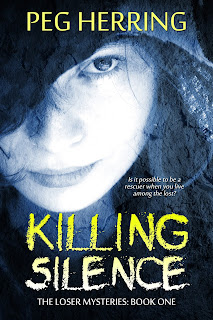The Final Step That Never Ends

Truth in Advertising: My hair is no longer this color! Over the last few months, I've written about how I came to self-publish and what I do in that process. Once your cover is great, your MS is perfect (we hope), and your formatting is set for whichever sites you plan to present on, there's just promo left to do...always...forever...eternally. A person trying to make a living by writing has to promote. Those who aren't (like me) do as much as we choose. Writers understand that promoted books, (often books that aren't as good as yours) will sell, while unpromoted books mean that no one even knows you've got a new one out there. We begin promo long before a book is available for sale. We talk about it online. We do cover reveals. We offer samples. We try to get bloggers interested enough to feature the book. We solicit reviews. Add standing on our heads and screaming, "IT'S MY NEW BOOK!" and you have some idea. The biggest problem is that no one kno








